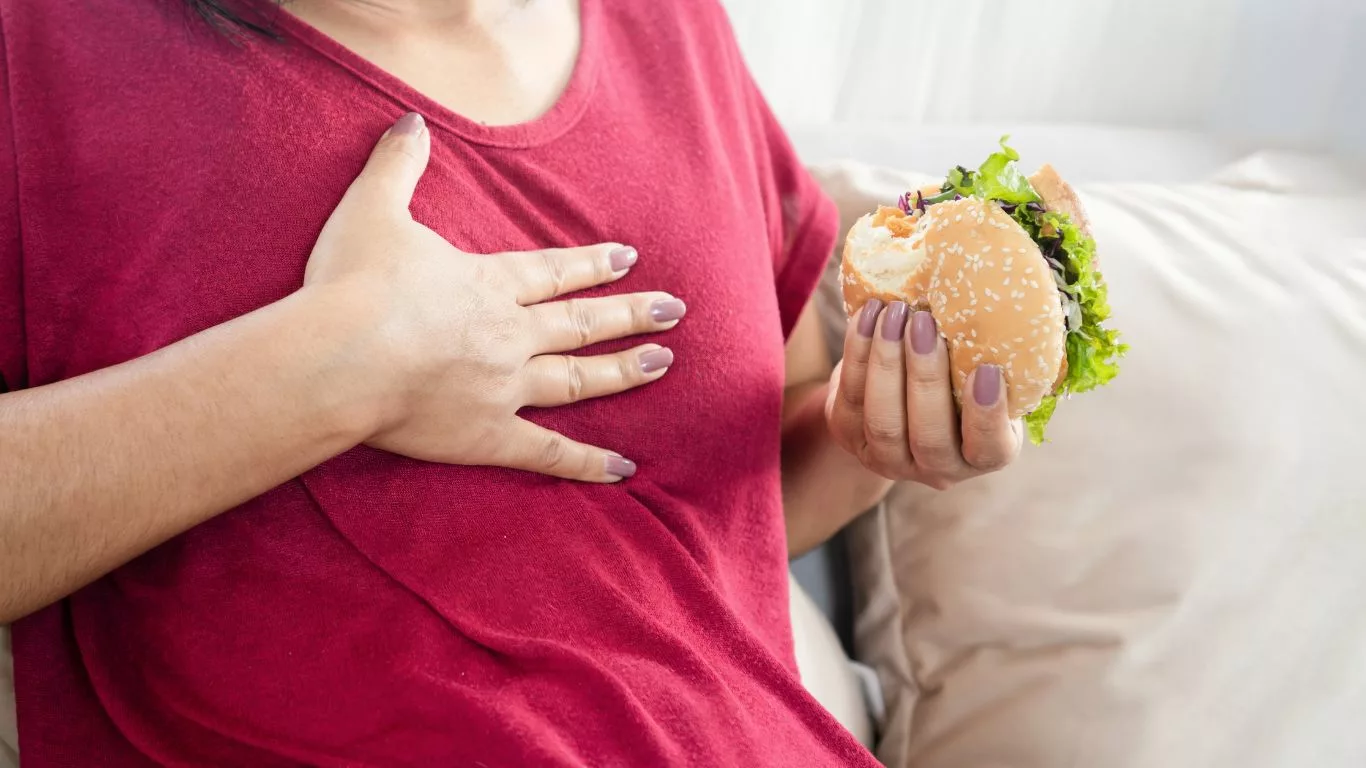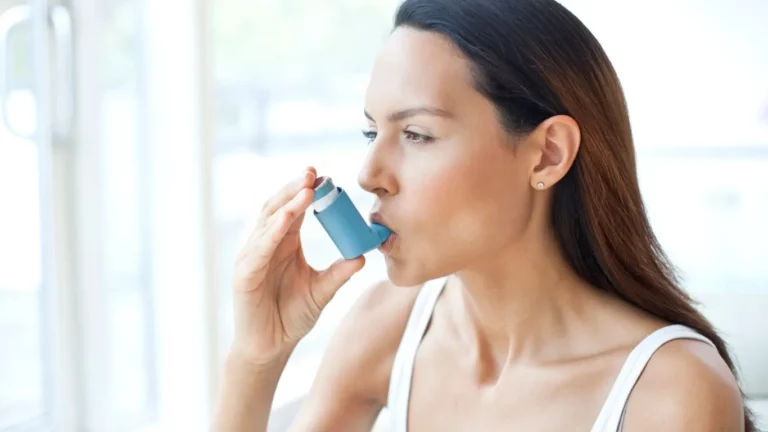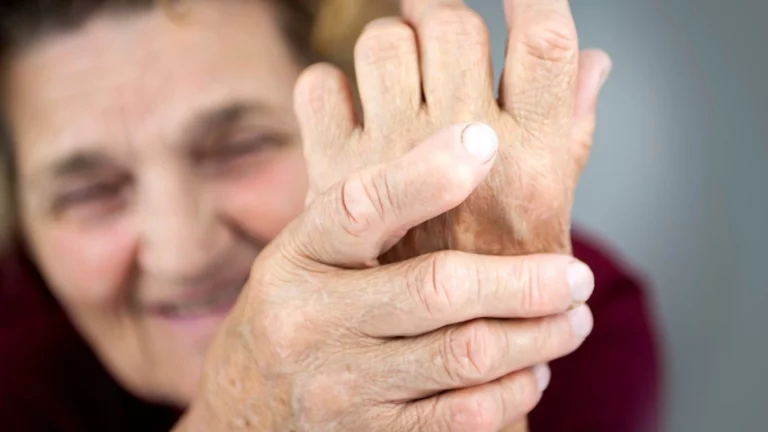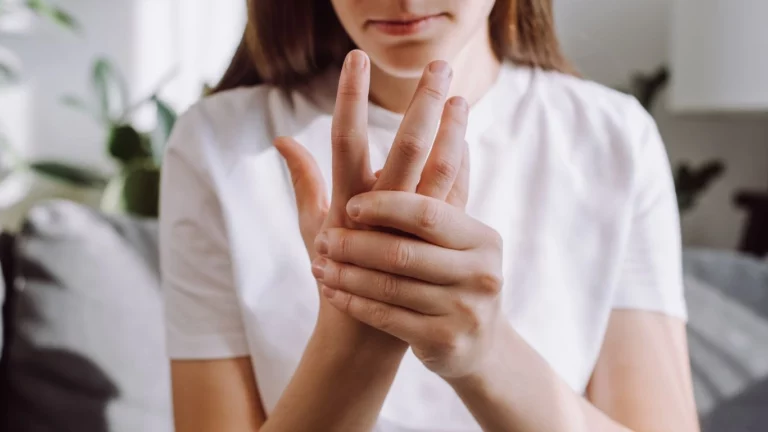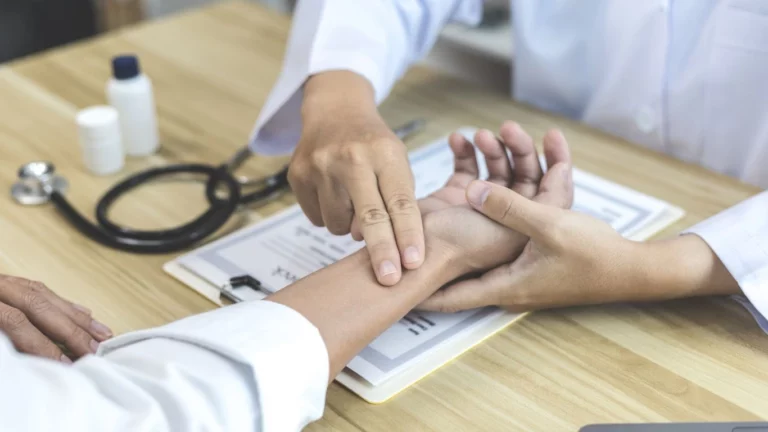Gastritis vs GERD: What’s the Difference?
Confused about gastritis and GERD? You’re not alone! Many people struggle to tell the difference between these two digestive issues. This article will break it all down for you, comparing symptoms, causes, treatments, and how they affect your day-to-day life. By the end, you’ll have a clear understanding of gastritis vs GERD and know exactly what to do if you’re dealing with either condition.
What’s the Deal with Gastritis and GERD?
Okay, let’s start by getting one thing straight: while both gastritis and GERD (gastroesophageal reflux disease) deal with issues in your digestive system, they aren’t the same thing. In fact, they are two totally different conditions that can feel a bit similar. But the causes, symptoms, and treatments? Those are a whole different story.
If you’ve ever had stomach discomfort, heartburn, or some gnarly acid reflux, you might have wondered if it was just heartburn or if it was something more serious, like GERD or gastritis. Well, buckle up, because we’re about to dive deep into this topic and clear things up once and for all.
So, What is Gastritis?
Gastritis happens when your stomach lining becomes inflamed. Think of it like the stomach’s natural defense system getting irritated or inflamed, often because of things like stress, infection, or certain foods or medications. It can show up as a sudden (acute) or long-term (chronic) condition.
Some common symptoms of gastritis include:
- A gnawing or burning pain in your stomach
- Feeling nauseous or bloated
- Vomiting (sometimes with blood in severe cases)
- Loss of appetite
Gastritis is often caused by a bacterial infection (hello, Helicobacter pylori), excessive alcohol consumption, or taking nonsteroidal anti-inflammatory drugs (NSAIDs) like ibuprofen. Stress and a poor diet can also make things worse.
And GERD—What’s That All About?
Now, let’s talk about GERD. GERD, or gastroesophageal reflux disease, happens when stomach acid or food backs up (refluxes) into the esophagus. The esophagus is the tube that connects your mouth to your stomach, and when acid gets into it, that’s when you start feeling the burn.
Some classic GERD symptoms include:
- Persistent heartburn (a burning feeling in your chest or throat)
- Acid regurgitation (food or liquid coming back up into your mouth)
- Difficulty swallowing
- Chronic cough or hoarseness (especially in the morning)
- A sensation of a lump in your throat
GERD is caused by a weakened lower esophageal sphincter (LES)—that’s the muscle between your esophagus and stomach. If this muscle doesn’t close properly, stomach acid can sneak through. Lifestyle factors like eating big meals, obesity, smoking, or even lying down after eating can increase your risk of GERD.

Key Differences: Gastritis vs GERD
Now that we’ve covered the basics of each, let’s talk about the key differences. I know, it’s easy to get them mixed up, but once you know what’s going on, it’s easier to figure out what’s really happening in your body.
| Feature | Gastritis | GERD |
|---|---|---|
| Cause | Inflammation of the stomach lining | Acid reflux from the stomach into the esophagus |
| Primary Symptom | Burning or gnawing pain in the stomach | Heartburn or acid regurgitation |
| Location of Pain | Upper abdomen (stomach) | Chest, throat, or behind the breastbone |
| Common Triggers | Alcohol, NSAIDs, infection, stress, spicy food | Large meals, fatty foods, chocolate, smoking |
| Treatment | Antacids, antibiotics (if infection), proton pump inhibitors | Antacids, H2 blockers, lifestyle changes |
| Duration | Acute or chronic depending on the cause | Chronic condition if untreated |
What Causes Gastritis?
So, why does gastritis happen? Well, several factors could be at play:
- Bacterial infection: Specifically, Helicobacter pylori bacteria is a huge culprit.
- Alcohol and medication: Drinking too much alcohol or overusing NSAIDs can irritate the stomach lining.
- Stress: Believe it or not, your emotional well-being can affect your stomach. High stress can lead to gastritis.
- Diet: Eating too many spicy or greasy foods can inflame your stomach.
What Causes GERD?
As for GERD, it’s usually caused by a few things:
- Weak Lower Esophageal Sphincter (LES): This muscle controls the opening between your stomach and esophagus. If it doesn’t work right, acid can leak out and burn your esophagus.
- Obesity: Extra weight puts pressure on your stomach, making acid reflux more likely.
- Pregnancy: Hormonal changes and pressure from the growing uterus can lead to GERD.
- Certain foods: Fatty foods, chocolate, caffeine, and spicy meals are major offenders.

Managing Gastritis and GERD: Treatment and Lifestyle
Gastritis Treatment
For gastritis, treatment usually starts with addressing the root cause. If you have an infection, antibiotics might be necessary. For more common cases, you might just need to take antacids or proton pump inhibitors (PPIs) to reduce stomach acid and allow the stomach lining to heal.
Quick tips for managing gastritis:
- Eat smaller, more frequent meals to avoid overloading your stomach.
- Avoid alcohol and NSAIDs that can irritate your stomach.
- Focus on foods that are easy on your stomach, like bland and non-spicy foods.
GERD Treatment
For GERD, the main goal is to keep the acid from refluxing into your esophagus. Medications like antacids, H2 blockers, and PPIs can help reduce acid production. In some cases, surgery may be needed to strengthen the LES.
Quick tips for managing GERD:
- Avoid large meals and don’t lie down immediately after eating.
- Sleep with your head elevated to prevent nighttime reflux.
- Try to shed extra pounds if you’re overweight to reduce pressure on your stomach.

FAQs: Gastritis vs GERD
Can you have both gastritis and GERD at the same time?
Yes, it’s possible to have both. In fact, if you have GERD, you may be more prone to developing gastritis due to the frequent acid exposure. It’s a double whammy for your stomach and esophagus!
How do I know if I have GERD or gastritis?
If you’re experiencing chest pain, heartburn, or regurgitation of food or acid, it’s more likely GERD. If you’re dealing with upper stomach pain or bloating, you might be looking at gastritis. Always consult with a healthcare professional to get an accurate diagnosis.
Can lifestyle changes help both conditions?
Yes! Eating smaller meals, losing weight, and avoiding triggers like spicy foods and alcohol can help with both conditions. Plus, cutting down on stress and not smoking can make a huge difference.

Camellia Wulansari is a dedicated Medical Assistant at a local clinic and a passionate health writer at Healthusias.com. With years of hands-on experience in patient care and a deep interest in preventive medicine, she bridges the gap between clinical knowledge and accessible health information. Camellia specializes in writing about digestive health, chronic conditions like GERD and hypertension, respiratory issues, and autoimmune diseases, aiming to empower readers with practical, easy-to-understand insights. When she’s not assisting patients or writing, you’ll find her enjoying quiet mornings with coffee and a medical journal in hand—or jamming to her favorite metal band, Lamb of God.

